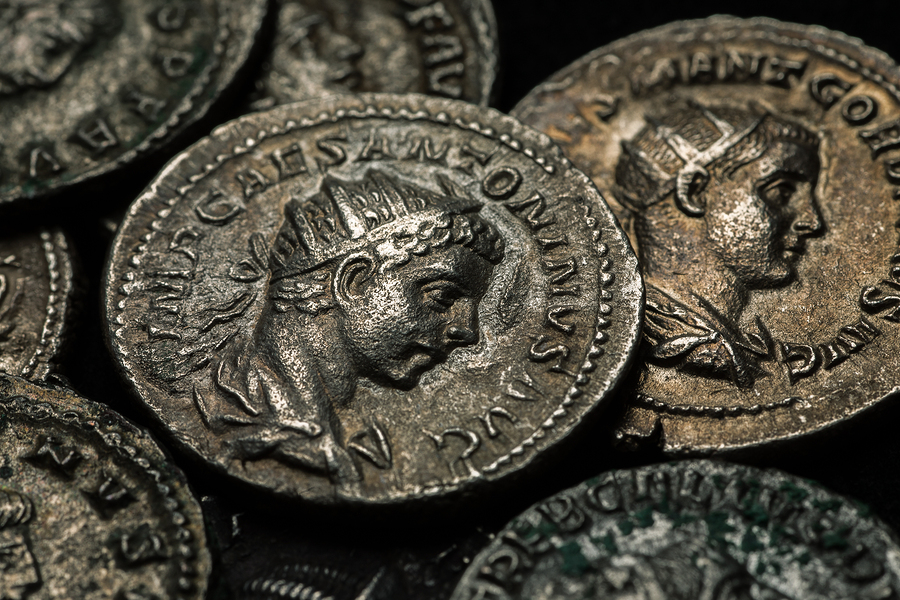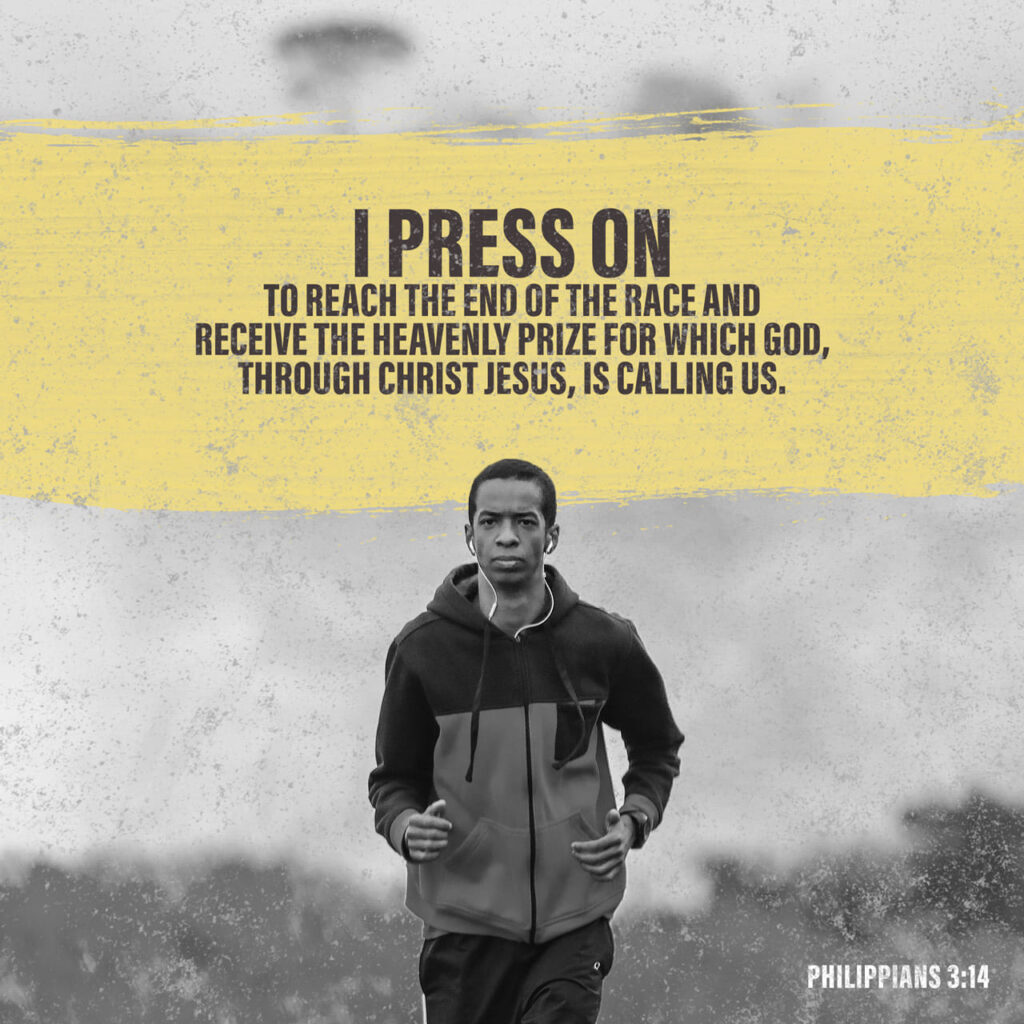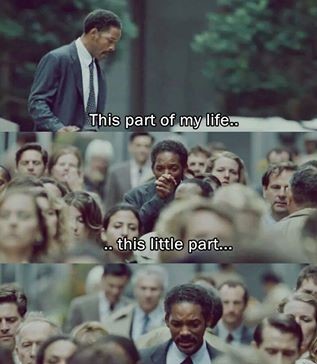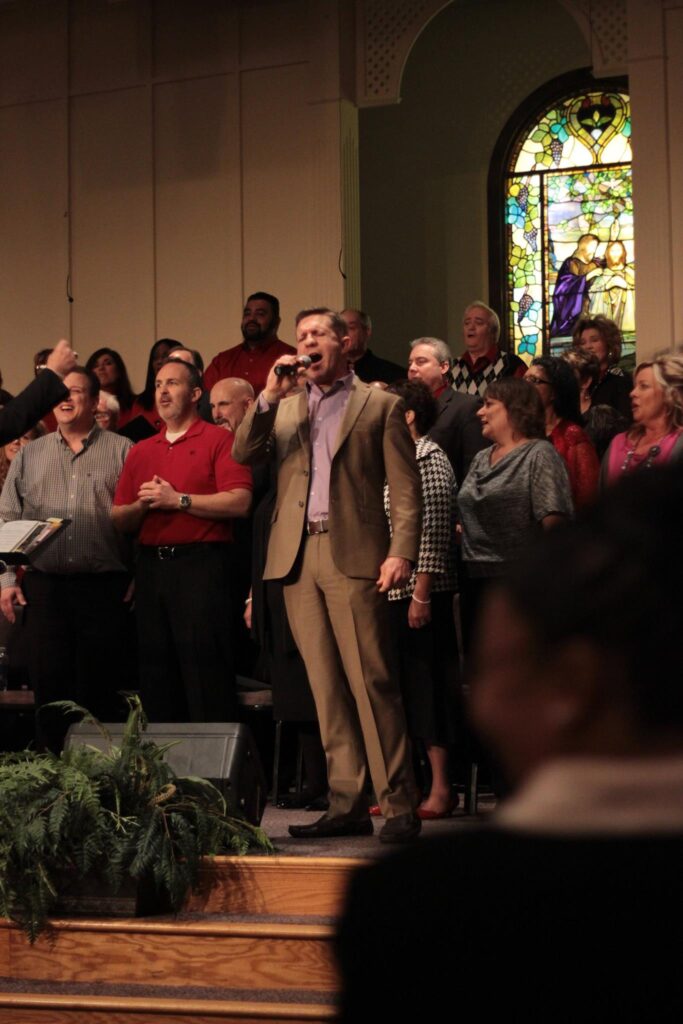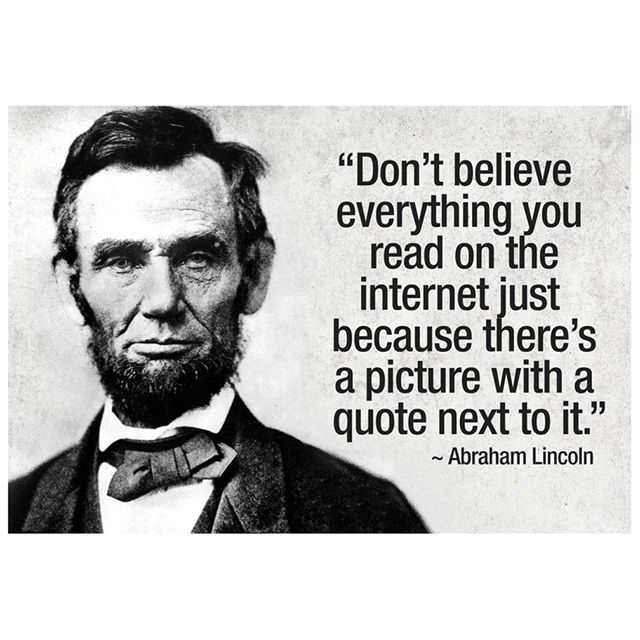Dear Sharlene,
You’re ten years old and I’m your future husband. I’m currently fifty-eight and you’re currently fifty-two. That’s right, I’m six years older than you. So when you’re reading this at ten years old, I’m actually sixteen. You don’t know me yet, and I don’t know you.

We’ll meet when you’re fifteen and I’m twenty-one. By that time, your parents will have opened a Christian book store. That’s where we’ll first meet. You’ll be working there part-time, and I will have recently given my life to Christ. I’ll go in to buy a Bible, and you and your mom will help me with it. At first sight, I’ll be struck by how beautiful you are. You have a pure beauty, the kind that doesn’t need makeup. But you’ll still look incredible with makeup. When I later learn your age, I’ll be surprised, because to me you’ll look a couple years older than your age. Now, you look younger than your age, still with that same pure beauty. Three years after we meet, I’ll ask you out and we’ll go on our first date. We’ll date for a year-and-a-half, including a year-long engagement.

We’ll get married when you’re eighteen and I’m twenty-four. You’ll be an awesome wife. We’ll love each other a lot. We both have the thing people want most: to love and to be loved. Even now, after thirty-three years being married – and increasingly every year – you’re the thing I thank God for most. Your love for God grows each year, and it’s really your love for Him that makes you the unbelievable wife and mother you become.
We’ll have six children; you’ll spend ten straight years being pregnant in some part of each year. We always say we want four kids, but God clearly wants two more for us. You’re obviously very fertile, as am I; I think you got pregnant one time when we kissed. (That’s a joke. That’s not really how it happens, although you will be an incredible kisser!) All our kids love you very much. They recognize how you always go the extra mile to do things well, parenting included, and you never cut corners. That’ll be a quality every single person in our family, myself included, picks up from you. You’ll become a real estate agent after several years working in healthcare management and management of other types of businesses. I’ll become a pastor and you and I will lead a team in establishing a new church in Wilmington; the years of pastoring and leading that church will be probably our most memorable ones as a family . We’ll also lead other outreach and discipleship ministries. Looking back now, it’s been such a pleasure with you as my partner, whether in ministry, business, parenting, or marriage. You work so hard, and keep such a great attitude; you always carry more than your load, and you keep me encouraged all along the way. We have lots of hobbies, but the thing we enjoy most is being together.

If it were really possible for you to receive this letter from me as a ten-year-old, I’d leave this part out. Your mom passes away from ovarian cancer at age forty nine. You’ll be twenty-five at the time, and our third child, Kristin, will be two months old. That’ll be the hardest thing you’ll go through up to this point, but as usual, you’ll be very strong through it all. You’re generally stronger than I am. I’m definitely the crybaby between the two of us.
Another tough experience for both of us – and the kids – will be this year. It’s then, at the beginning of the the current year, that I’ll have a stroke. I won’t be able to walk in the beginning, but I get that back very quickly. However, it takes a little longer to regain my swallowing, and several months before I can lift my left arm all the way up and use the fingers on my left hand. It’ll be hard for me because I miss opportunities to do things with my kids and grandkids, and I’m hampered in my ability to express myself the way I want to. Throughout my lengthy recovery, you’ll demonstrate a new level of love and commitment. You’ll be my nurse, my chef, my counselor, and whatever I’ll need. There’ll be times when I’ll feel sorry for you and I’ll apologize for the plight that has befallen you and that you spend so much of your time taking care of me. I’ll say I’m sorry you’re not living the fairy tale life you dreamed of as a little girl because if anybody deserves it you do. And you’ll just say, “I’m doing exactly what I want to do.” You’ll tell me that the only thing that bothers you is when I get down on myself. That’s the kind of wife and person you become.
Let me offer a couple of words of advice. Be sure to enjoy your family along the way. You’ll say how right those old ladies were when they told you to enjoy your kids while you have them because they’ll be grown and gone before you know it. Also, enjoy your parents and siblings as you’re growing up and into a young woman. One of your most impactful memories will be when your parents tell you, as a teenager, that you’re their first daughter and they’re trying to figure it out just like you are. After that conversation, you’ll be more patient and understanding, but go ahead and give them grace even before that conversation happens. You’ll be glad you did, and so will they.

Trust your mom and dad. You’re on the right track to become the kind of woman you want to be. They’ll help you maintain your purity and instill in you a love for God. Training is hard, so remember the result it produces, and you’ll get through it without too much stress. Please know, as much as you can understand now, that I love you. Your future husband loves you. Very very much.
Your
Husband












